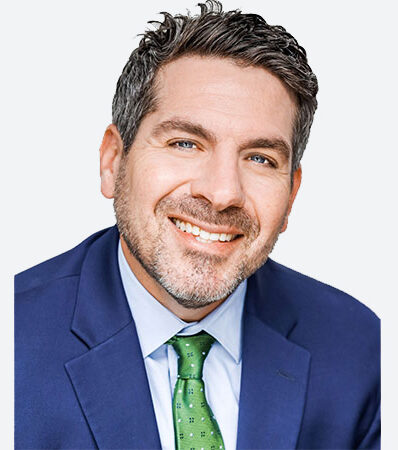
Sukkot asks us to step outside—of our homes, our comfort zones and our illusions of permanence. For seven days, we dwell in a fragile, temporary shelter. It’s not just to remember our ancestors’ journey through the wilderness, but to confront our own: What are we building? What are we chasing? Who are we becoming?
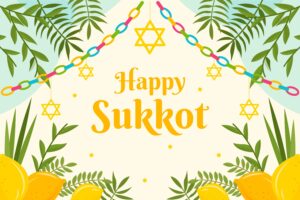
The sukkah is not simply a quaint holiday booth or a ritual re-enactment of history. It is an invitation to live, however briefly, with a sharper awareness of the temporary nature of life itself. The sukkah’s walls can sway in the wind, its roof lets in the rain, and the stars peer through at night. It reminds us that permanence is an illusion—that even the strongest houses, the most stable jobs, the tightest routines can be unsettled in an instant. That reminder is not meant to frighten us. It is meant to free us: if nothing is permanent, then we can choose to invest ourselves in what truly lasts—relationships, values and meaning.
Viktor Frankl, in Man’s Search for Meaning, captured this truth with unforgettable clarity:
“Everything can be taken from a man but one thing: the last of the human freedoms—to choose one’s attitude in any given set of circumstances, to choose one’s own way.”
This, in essence, is the heart of Sukkot. We are not guaranteed comfort or control. Life will not always hand us safety, security or certainty. But it does give us the sacred power of choice. We can decide how to respond. We can decide what to stand for. We can decide who we want to be.
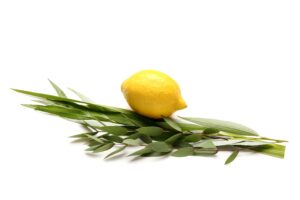
For men striving toward purpose, this message cuts to the core. Too often, our culture tells us that being a man means being the provider, the protector, the one who keeps things steady and unshaken. Yet Sukkot whispers another truth: the structures we try to uphold are always more fragile than we want to admit. The question is not whether we can keep every wall from falling. The question is whether, when the walls do sway, we respond with courage, generosity and meaning—or with denial, fear and anger.
The rituals of Sukkot push us into that question. When we eat under flimsy branches instead of a roof, when we invite friends and strangers to sit with us in a fragile hut, we are not celebrating instability—we are sanctifying it. We are learning how to embrace life in its rawness. We are practicing the art of choosing meaning over mere comfort.
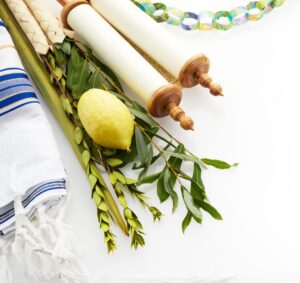
Happiness is a gift, but it comes and goes with circumstance. Meaning, however, is forged in the choices we make when circumstances are beyond our control. Because joy is sacred—but meaning is freedom. The sukkah itself is a mirror of the soul. It asks you to look within and wonder: If my life were a sukkah, what would it shelter? What would it welcome in? What would it protect? What would it let go of?
Perhaps your sukkah would shelter your family—their voices, their stories, their laughter. Perhaps it would be welcoming in your community, for those who need a place at the table, those who are searching for belonging. Perhaps it would protect your integrity, your capacity to love, your hope for the future. And perhaps it would let go of the illusions you cling to—status, possessions, grudges and fears.
These are not simple questions. They require honesty, even discomfort. But this is what Sukkot asks of us: to sit in the discomfort long enough to find clarity.
And so, for seven days, we step outside. We live exposed. We learn again that freedom is not found in control but in surrender. And when the festival ends, when we return to the sturdier walls of our homes, the question remains: will we carry the lessons of the sukkah with us, or leave them behind in the backyard?
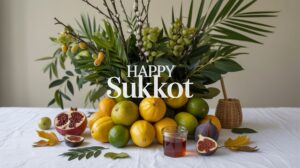
Sukkot reminds us that we are always building something. The only question is what. Have a meaningful Sukkot!
Rabbi Noam Raucher is the executive director of FJMC International.
For more about Sukkot and the High Holy Days, see the Seasons of Brotherhood.
Need technical or website help? Email us at
Copyright © 2026 FJMC International. All rights reserved. Website designed by Addicott Web. | Privacy Policy